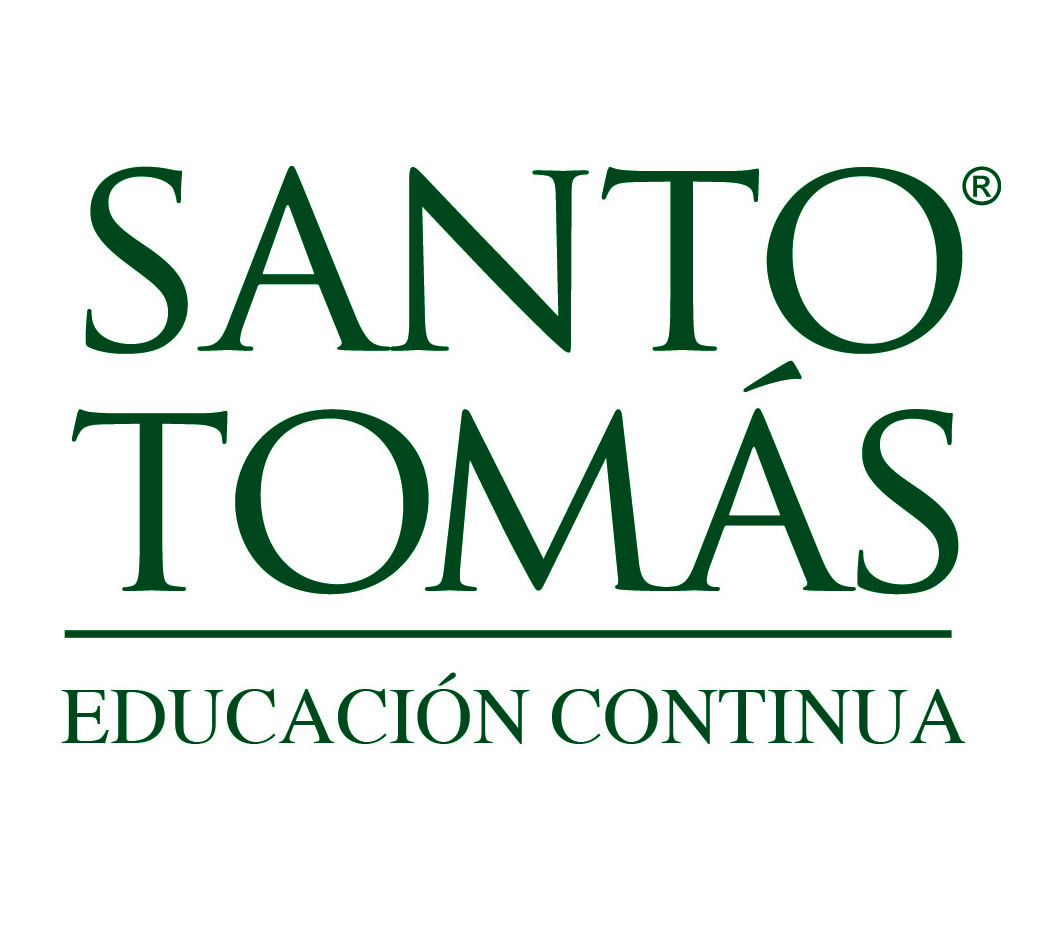Malla Curricular del Curso
MÓDULO I: ASPECTOS GENERALES DE LA EVALUACIÓN NEUROPSICOLÓGICA (8 HORAS)
EVALUACIÓN NEUROPSICOLÓGICA:
• Historia de la Neuropsicología en Chile.
• Objetivos de la Evaluación Neuropsicológica.
Etapas de la Evaluación Neuropsicológica:
• ENTREVISTA.
• Test de Screening.
• Baterías Fijas.
• Baterías Flexibles.
PROPIEDADES PSICOMÉTRICAS DE LOS INSTRUMENTOS:
• Validez.
• Confiabilidad.
• Normalización
MÓDULO II: BASES NEUROBIOLÓGICAS DE LOS DOMINIOS COGNITIVOS Y EMOCIONALES DEL ADULTO E
INSTRUMENTOS DE MEDICIÓN (80 HORAS)
FUNDAMENTOS GENERALES:
• Conceptos básicos de Anatomía Funcional.
TEST DE SCREENING:
• Neuropsi.
• ACE.
ATENCIÓN:
• Anatomía funcional.
• Instrumentos Específicos; TMT A, D-2, Test Stroop.
MEMORIA:
• Anatomía funcional.
• Instrumentos Específicos; CVLT, Grober y Buschke, Warrington.
LENGUAJE:
• Anatomía funcional.
• Instrumentos Específicos; Test de Boston, Token, test.
PRAXIAS:
• Anatomía funcional.
• Instrumento Específico; Figura Compleja de Rey.
FUNCIONES EJECUTIVAS:
• Anatomía funcional.
• Instrumentos Específicos; Torre de Londres, Test de sortear cartas de Wisconsin.
COGNICIÓN SOCIAL:
• Bases Cerebrales de la conducta social.
• Instrumentos Específicos; Test de Lectura de ojos, Gambling task.
MÓDULO III:PERFILES NEUROPSICOLÓGICOS E INFORME NEUROPSICOLÓGICO (19 HORAS)
TRASTORNOS NEUROLÓGICOS:
• Demencias.
TRASTORNOS PSIQUIÁTRICOS:
• Esquizofrenia, Depresión, TAB.
• Síndrome de déficit atencional del adulto.
INFORME NEUROPSICOLÓGICO:
• Estructura y reporte de resultados.
MÓDULO IV: EVALUACIÓN NEUROPSICOLÓGICA EN EL CONTEXTO FORENSE (5 HORAS)
APORTES DE LA NEUROLOGÍA AL ÁMBITO FORENSE:
• Características propias de la evaluación forense.
• Simulación.
MÓDULO V: INTERVENCIONES POST EVALUACIÓN NEUROPSICOLÓGICA (8 HORAS)
INTERVENCIONES EN PACIENTES CON DISFUNCIÓN CEREBRAL:
